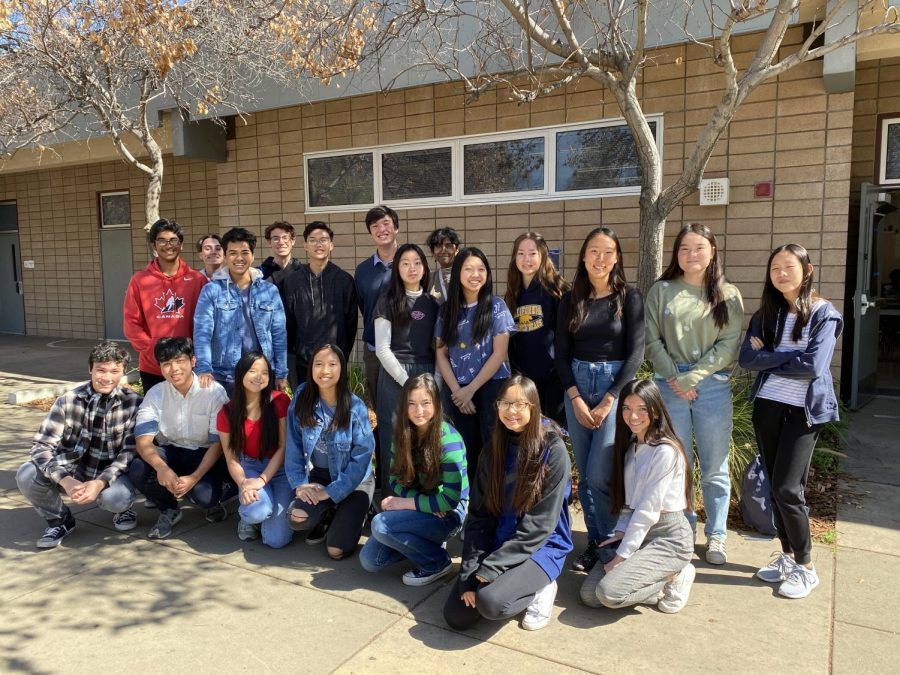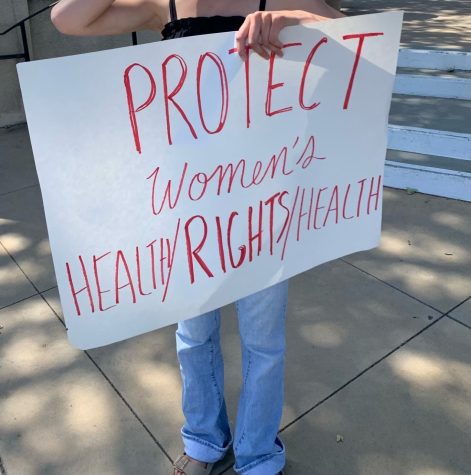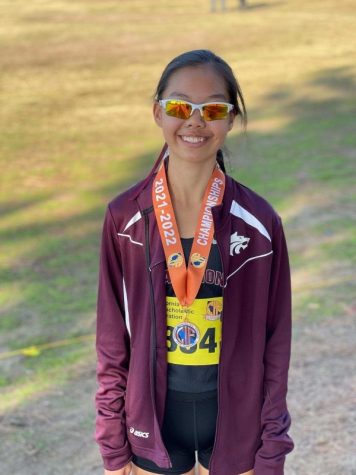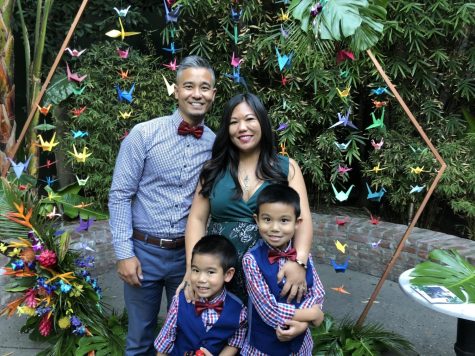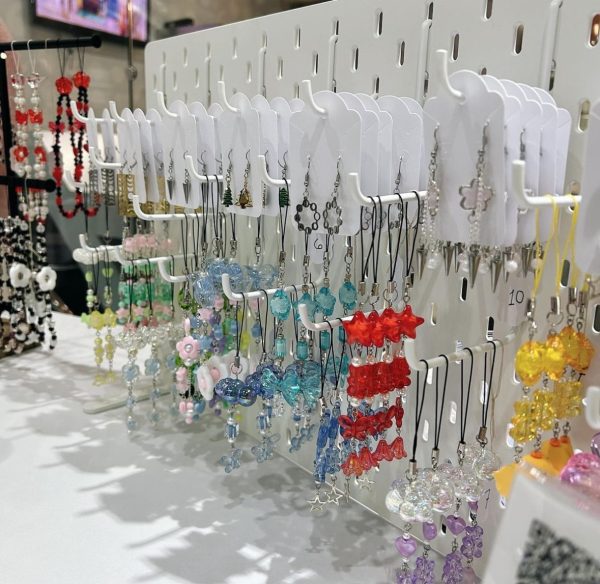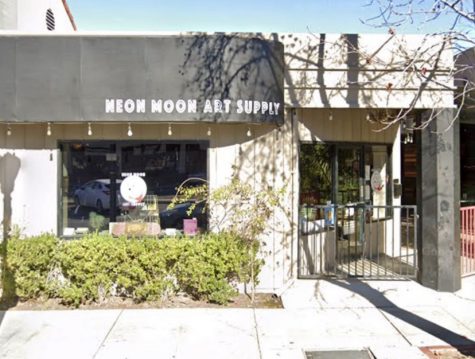CHS club feature: Asian Student Alliance
CHS strives to provide an open community where diverse cultures can freely express their interests and values. Students can reflect on their existing principles, ethics, and identities through culture appreciation clubs on campus. These clubs share many unique traditions and values with others. One club that expresses and brings insight towards its culture is Asian Student Alliance (ASA).
ASA is open to students of all cultural backgrounds and aims to celebrate and embrace all Asian cultures while bringing awareness to stereotyping, racism, and other struggles Asians face. During their regular club meetings, members spend time discussing various topics and aspects concerning their cultures. The club goes over Asian and Asian American related news and has occasional guest speakers visit to talk about their cultures. The discussions they hold often address certain stereotypes that students have seen in their lives. They also discuss pertinent issues such as coronavirus racism and the Harvard affirmative action lawsuit.
The club has provided students with an environment in which they can identify and share with others. Co-president and CHS senior Malia Chung-Paulson shared the club’s importance to her and how it has affected her life.
“When I first came to CHS, I noticed that a lot of friend groups tended to be unintentionally segregated on the basis of race. Since I’m half Asian and half European, it was a bit difficult to find where I belonged and with whom I could identify,” Chung-Paulson said. “I became president to address this trend and encourage more diversity.”
The club allows students to connect through their similarities and time spent together. Co-president Miles Mezaki also reflected on the importance of the club to him.
“As cliché as it sounds, I like to think of ASA as a sort of family,” Mezaki said. “By the end of my first year of joining, and the club’s first year of existence, there were very few people left and only two underclassmen left. I felt the onus was mine to nurture the club into a lively and healthy group of people.”
Chung-Paulson shared a message to those interested in joining ASA and the future of the club with COVID-19.
“We’d love to have new members of all ethnicities and backgrounds. It’s a non-demanding, fun club to meet new people, eat Asian food, and share with us who you are,” Chung-Paulson said. “Even though Culture Fest was canceled due to COVID-19, ASA is planning on more fundraisers, so students should look out for those soon.”
Cultural appreciation clubs connect others and validate an important part of students’ identities. By studying cultures, people can be unified by recognizing the similarities they share, an increasingly important process as society continues to diversify.
Hello there! Our goal is to provide relavent, engaging journalism for readers of all ages. Your donation will support the student journalists of the Wolfpacket at Claremont High School, and will allow us to purchase equipment, print our monthly issues, and enter in journalism competitions. We appreciate your consideration!

Entering her senior year, Kathryn Enriquez looks forward to the future and many adventures to come. Now in her third year of the Wolfpacket, she is the...





